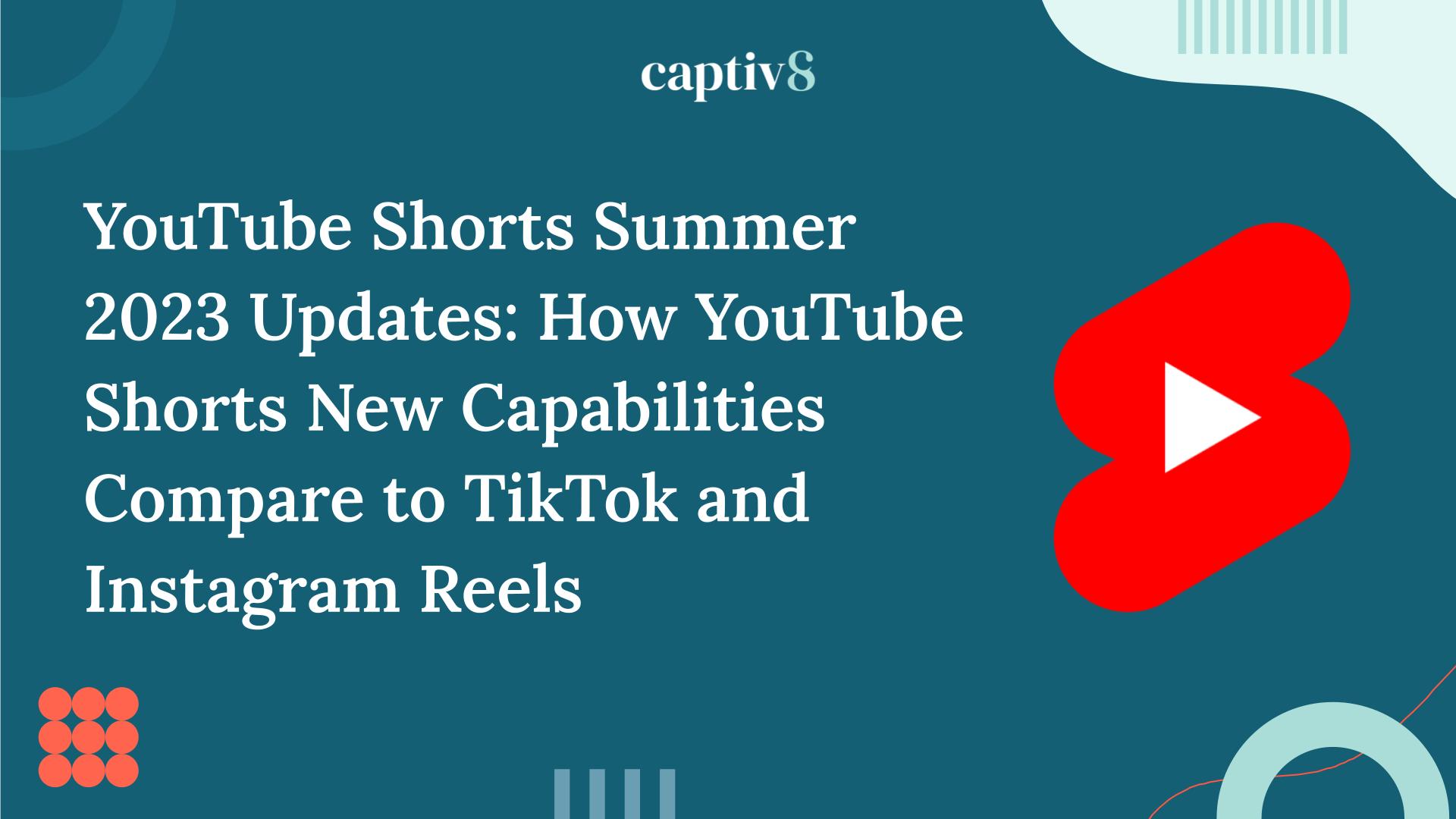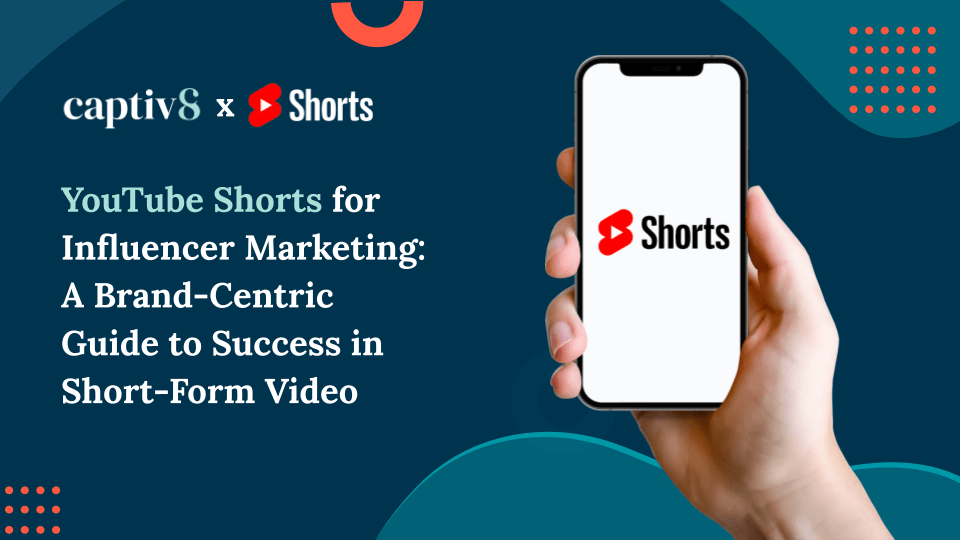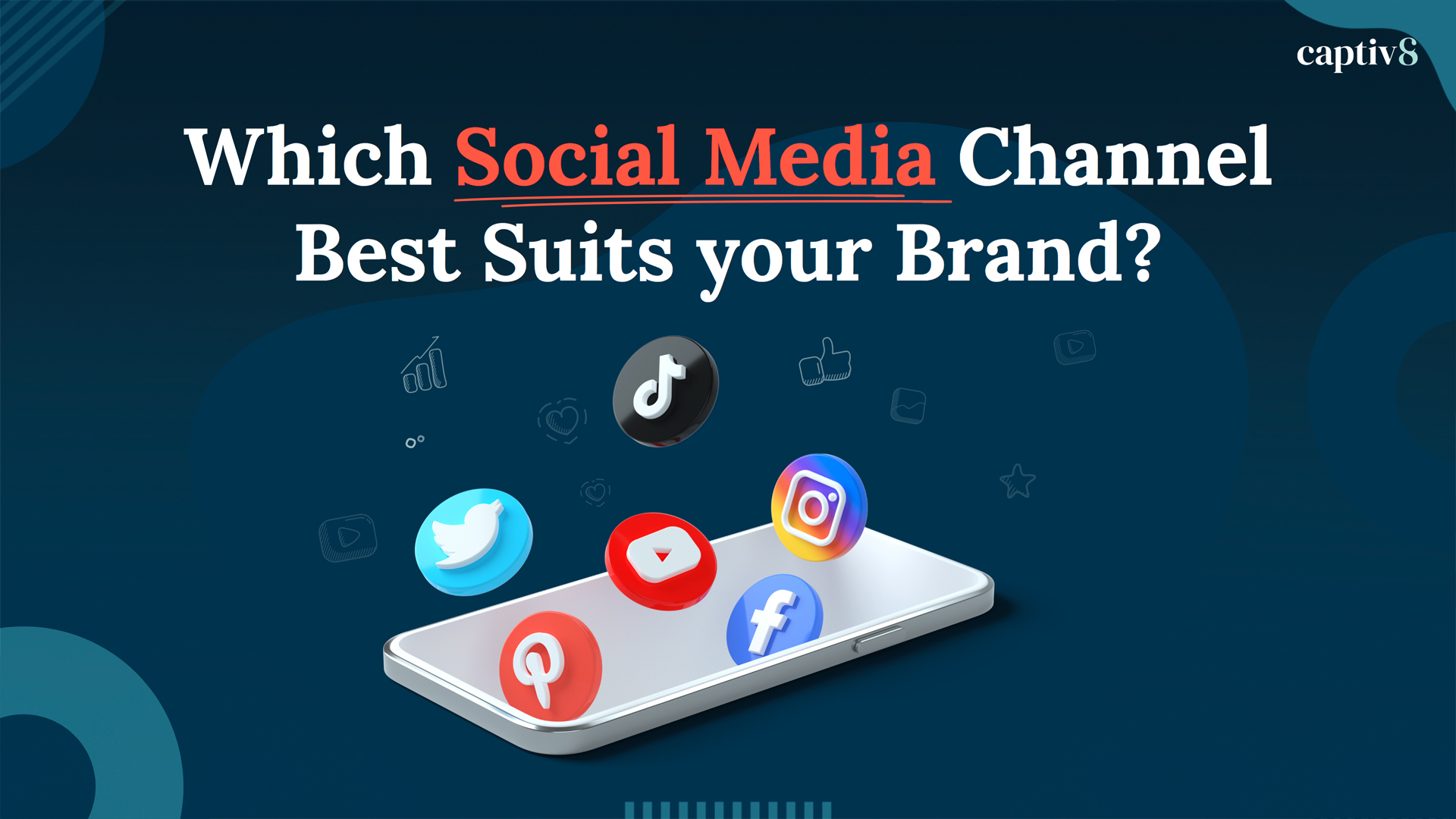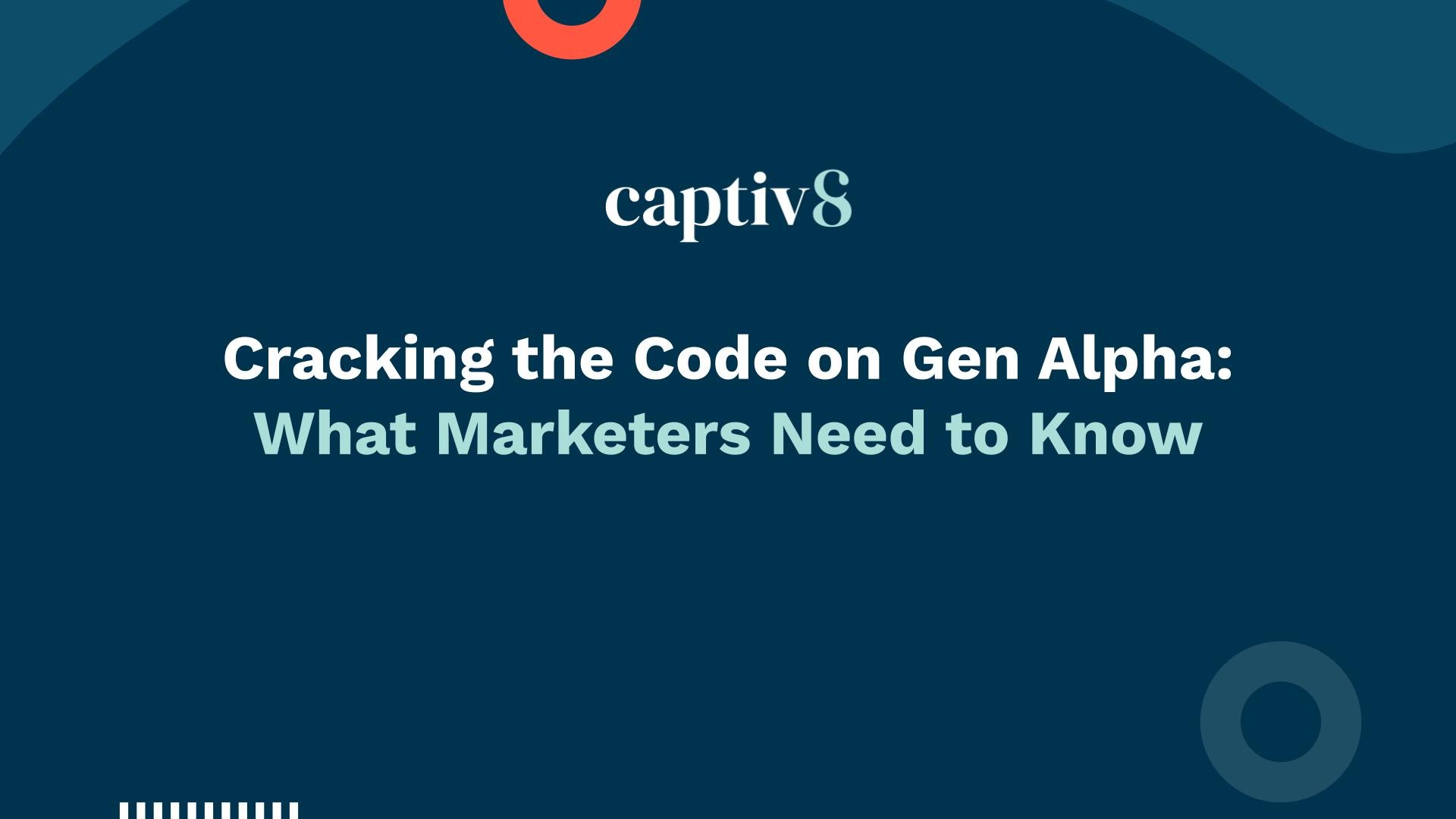Youtube with new ‘Made For Kids’ Policy and the Latest in Industry News
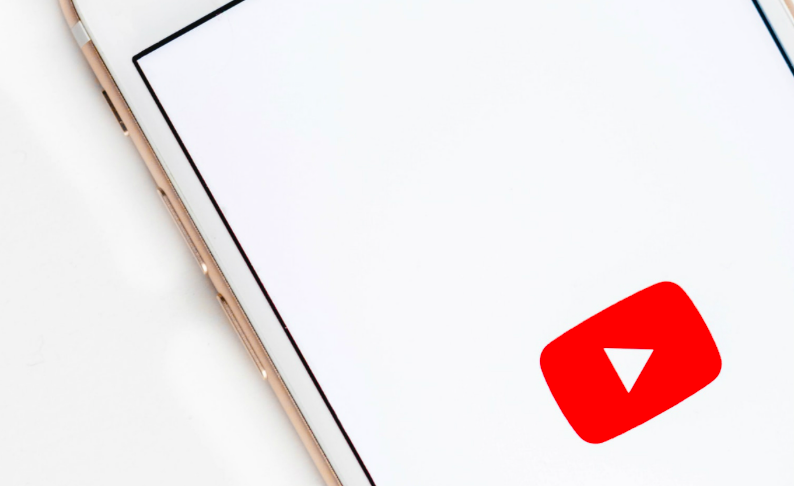
Between Youtube, Snap, and Pinterest, here is the latest industry news this week to know for your next influencer marketing campaign:
Youtube announced yesterday that they are introducing a ‘Made for Kids’ content policy.
The news comes from a long time complaint filed with the Federal Trade Commission (FTC) which argued that Youtube was violating the children’s privacy law by collecting data on kids under the age of 13. The issue was around Youtube, which was collecting data on users who were watching children’s videos in order to serve targeted advertising. The fix involved Youtube putting a stop to collecting data on users under the age of 13 and pay a hefty $170 million, but they decided to go a few steps further, possibly in an attempt to protect themselves in the future.
YouTube says it will automatically designate some content that is clearly for kids, as detected by machine learning. This labeling comes as both positive for Youtube in compliance with COPPA & the FTC but negative for creators who may not know if their content is “kid-directed” or “kid-attractive,” especially frightening as creators are being held directly responsible by the FTC; if creators are found to be targeting children, they will be fined by the FTC.
The good news is that labeling can be manually changed by the creator and Youtube said that they have no intention to interfere with the switch in setting unless they detect error.
In addition, Youtube announced that in order to limit data collection on videos made for kids, they will disable several support features such as comments, live chat, notification bell, stories, save to playlist and others.
YouTube has said kid-focused channels will see “a significant business impact” due to reduced ad revenue. But for channels like Ryan’s World, with the platform’s highest earner, which are pulling in millions with multiple revenue streams, the change will not be as detrimental.
In other industry news, Pinterest has overtaken Snapchat as the 3rd most popular social network. Following a 2018 redesign that initially caused backlash among users, Snapchat seemed to be making a comeback in 2019 thanks to popular augmented reality “lenses” like its gender-swap filter. eMarketer junior forecasting analyst Nazmul Islam described the new-found popularity difference: “While Snapchat has a young core audience that it caters to, Pinterest has a more universal appeal, and it’s made significant gains in a wide range of age groups.” And Pinterest’s efforts to convince investors that its platform is a “visual discovery tool” more akin to Google than Snapchat seems to be paying off.
To stay updated on current industry news or learn more about Influencer Marketing, reach out to us, visit Captiv8.io.
